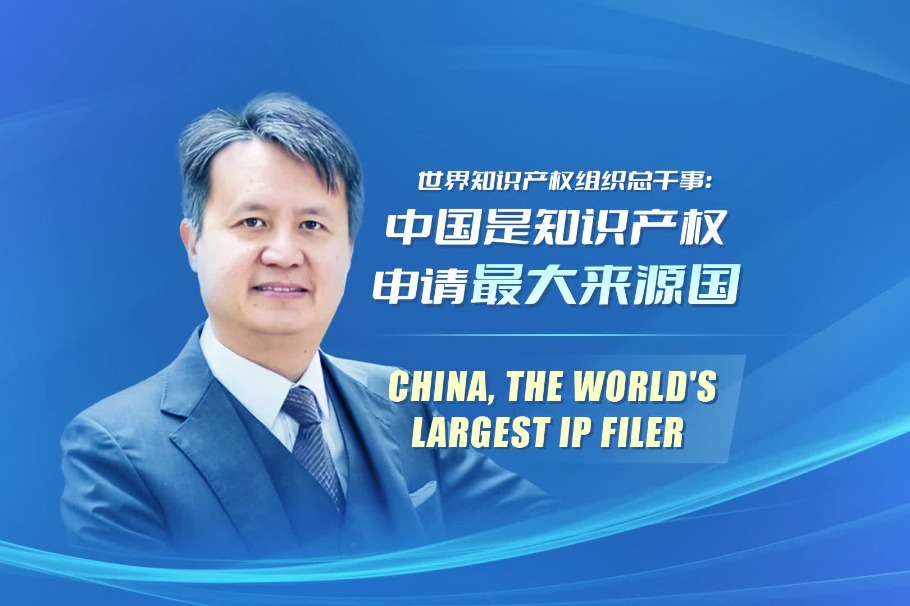Action to be taken on trademark squatters


While a growing number of domestic brands are appearing on the world stage, their owners have found trademark squatting abroad becoming an increasingly prominent issue impeding their overseas expansion.
A report released by the China Trademark Association in mid-January shows 45 of its member enterprises suspected their trademarks were being squatted on in export destinations in 2021, accounting for 14 percent of its business membership.
The report reviewed the development of trademarks owned by its business membership in 189 countries and regions around the world.
More than 120 toy and gift manufacturers reported their trademarks had been registered by others in Chile. Guanshengyuan Group food company headquartered in Shanghai found White Rabbit, its well-known milk candy trademark registered in 1950, had been squatted on in the United States, the United Kingdom, Japan, the Philippines and Indonesia, China Intellectual Property News reported.
As a crucial intangible asset, trademarks reflect their owners' goodwill, Xiong Wencong, an associate professor at the Law School of Minzu University of China, told China Intellectual Property News.
If a company has its trademarks registered by others abroad, the unauthorized registration will distress the company on its journey toward the overseas market, Xiong said.
There is some difference in trademark systems in various countries and regions, so once a trademark is squatted on abroad, its rights owner in China has to face the high costs of regaining it and the considerable difficulties in taking legal action in an unfamiliar environment, he noted.
The result is either the Chinese owner is coerced to pay a high price for the squatted on trademark or has to give up its target markets. Either will affect the company's international expansion, he said.
Overseas distributors are among those squatting on well-known Chinese trademarks in the international market, the Beijing-based newspaper quoted Sun Zhifeng, a partner of Chance Bridge Law Firm, as saying.
Sun cited a domestic mechanical and electronic product manufacturer's experience as an example. After taking the first move to register its trademark without authorization, its agency in Pakistan attempted to coerce the Chinese company to sign a five-year exclusive agency deal with it.
In addition, there are a group of "professional squatters" unsettling the market, who generally register scores or even hundreds of trademarks that belong to others and have established a reputation on their home turf, Sun said.
Due to trademark squatting abroad, China-made products from the real owner of the trademark stand high chance of being treated as if they were "counterfeits" when exported to the target market. To take the trademark back, the Chinese company will enter into lengthy and tough negotiations, he added.
Xiong said prompt trademark registration in overseas target markets is key to preventing trademark squatting in the international market and maintaining brand ownership.
Ning Lizhi, head of a research institute of IP and comparative law at Wuhan University in Hubei province, suggested Chinese businesses register their trademarks abroad before going abroad.
He called on Chinese companies to monitor trademark registration in their key markets and potential markets so as to spot squatters and take prompt action in response to trademark disputes.
Chinese companies can either task their in-house IP team with the monitoring or commission third-party professional institutions such as trademark agencies and law firms to provide the service, he added.
"Currently, Chinese businesses have a stronger desire for going abroad and stepping up their pace of international expansion," Xiong said. "International trademark registration provides a 'pass' for brands' exports.
"Market players need to increase their brand awareness. That means creating a trustworthy brand image featuring high product quality, state-of-the-art technology and reliable goodwill, and meanwhile, paying close attention to the international market to prevent trademark squatting, in a bid to enable more and more Chinese brands to shine on the world stage."




